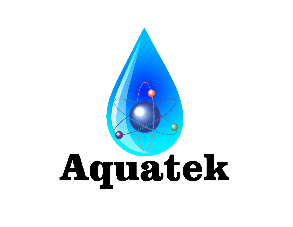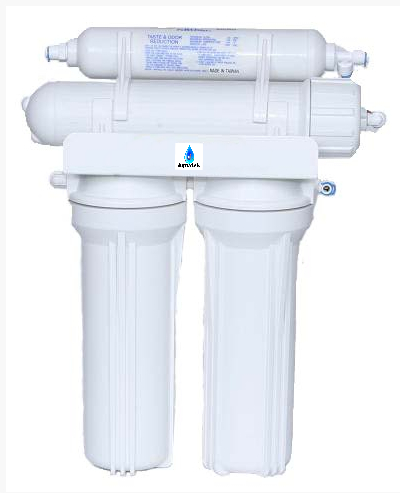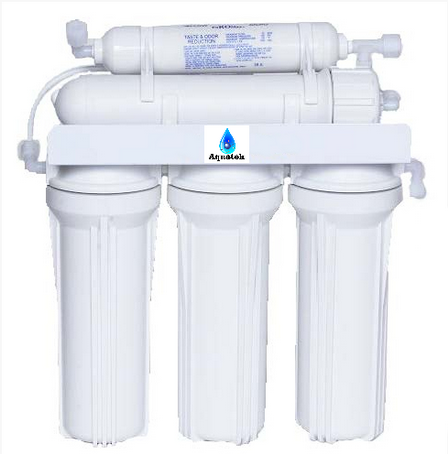Reverse Omosis systems for home, business and industrial applications
Reverse Osmosis
Reverse Osmosis Systems – small to large
Reverse Osmosis drinking water systems start at $380.00
Price depends on the size system to best handle your water conditions.
Do you have good drinking water?
Are you sick of paying for bottled water and lugging it home?
Are you sick of paying for bottled water and lugging it home?
Are you sick of the chlorine and other chemicals in your water?
An RO system will give you fabulous drinking water for pennies a gallon!
A good taste test
So, you think there is nothing wrong with drinking city water and everything is fine? We hear this from people now and then, "There's nothing wrong with drinking city water." they sometimes say. This may be true in some areas of the United States but, is it really? Try this easy taste test. Eat a hand full of grapes then, try your water. After eating the grapes, your taste receptors become cleansed. If, after eating the grapes and then, tasting the water, you should experience no unpleasant after taste.
Chlorine
A lot of people complain about the high amount of chlorine in the water. We use the amount of chlorine in the water as gauge for all things bad and you have to ask yourself, "What are they trying to kill?". Chlorine is not only toxic to the human body, it is also considered to be a carcinogen. If you have a lot of Chlorine in your water, there is probably a reason and you can be assured, there are more than likely other things in your water as well. An inexpensive chlorine test kit will tell you a lot.
What size RO do you need?
Reverse Osmosis filtration systems start at 50 GPD (gallons per day) for residential use and can be designed to handle thousands of gallons of water per day, in commercial to heavy industrial applications.
We can analyze your water and based on the outcome of the water test, we can recommend the best system to meet your needs. A small residence, with 2-4 people may be fine with a 50 or 100 GPD system, depending on the water consumption of the people in the home. Commercial or industrial operations however, would require a larger system.
The name, reverse osmosis, may sound technical but, osmosis is a natural organic phenomenon that occurs in nature on an everyday basis. Reverse Osmosis systems, force water under pressure through a semi-permeable membrane and a series of pre-filters then into a storage tank that holds the filtered water until it’s needed. A dedicated external faucet is included so that the stored water is only used when desired
RO system filter modules include
A pre-filter that captures larger particles, chlorine and other substancesA semi-permeable membrane filter that captures finer contaminates
An activated carbon filter that takes care of residual taste, odor and additional organic contaminates.
RO systems reduce bacteria, cysts, sediment, chemicals, lead & other heavy metals, dissolved solids, chlorine taste and odors.
Maintenance includes periodic replacement of the pre-filters, semi-permeable membrane and activated carbon filter cartridges.
No matter what size system you need, there is one for everyone one and with our design capabilities, we can design the perfect RO filtration system for your home or business!
Our complete testing service, can tell us what is needed to purify your water. All RO systems are customizable, to meet the daily water requirements. We closely work with residential, commercial, and industrial customers to find out their particular needs then, design a system to exceed their requirements.
We also carry…..
Inline Water Filters, Conditioners and Purifiers
Inline filters are installed between the line carrying water to your faucet and the faucet itself. These filters come packed with filtration media or membranes that trap contaminants while maintaining normal water flow.
Water Conditioner cartridges have the added benefit of also reducing sediment and heavy metals such as lead.
Water Purifier cartridges reduce chemicals, chlorine taste & odor with the added benefit of an ultra-filtration membrane for retention of bacteria, cysts & viruses.
Kits are available that allow the filters to be connected to a separate, dedicated drinking water faucet.
Maintenance includes periodic changing of the filter cartridges.
What about pH?
There is a bit of misinformation floating around the internet stating, R/O water is bad for you; this information is inaccurate. Reverse Osmosis systems remove a large amount of impurities from the water and this is a good thing. pH should always be checked when considering an R/O system. A 100 gallon per day R/O membrane can reduce the pH of the water by .1 so, if your water going into the R/O system is 8.4, a drop to 8.3 is expected. The larger the membrane is, the more the pH will be effected. pH is the main concern with R/O systems.
A pH of 8.4 is an optimal pH for everyday drinking water and there have been many tests that reveal, slightly higher pH levels of drinking water is beneficial. Some companies will install a canister of calcite after an R/O. Calcite is a neutralizer meaning, it will help to raise the pH of water that is acidic which, is below 7, back to 7 but, will not raise it above neutral 7. Simple addition of baking soda (1/4 tsp to 1 gallon water) or pickling lime, will raise the pH of water above 7. People on low sodium diets need to consult their doctor for the best solution to raising their pH above 7.
Fresh lemon juice, even though lemon juice is acidic, is converted by the body to a higher pH once consumed. When you drink lemon juice, your body metabolizes the citric acid in it but, most of the mineral content doesn’t get metabolized, instead those alkaline minerals are discharged in your urine. As a result, your urine pH rises. lemon juice contains calcium, magnesium, potassium, and phosphorus. Those four minerals are what makes lemon juice, raise the pH of your urine. People with stomach issues which, have a problem with citric acid may opt for the baking soda or pickling lime solution.
Other types of water purifiers
A word about De-ionizers. We do not believe drinking DE-ionized water is beneficial. De-ionizing water means you are changing the positive and negative ions of the water to neutral. This will eventually lead to the potential of having electrolyte issues so, we do not sell them or recommend their use.
Another solution to pure drinking water is distillation. However, distillers are expensive to purchase, maintain due to calcification and requires electricity to generate the steam required for this type of system. The electricity consumed by the distiller often places the price per gallon of processed water into an undesirable price point compared to an R/O system which, can purify water for pennies per gallon.
We always say, “Any filtration is better than, none!” and we really mean that! If all you can afford is a small carbon filter that, is certainly better than using nothing! If you would like your water tested, let us know or you can do it yourself.
Test kits are available and are easy to use.
An AquaTek Pro Water Purification Professional will analyze the test results and make recommendations on the type and size of equipment that will best take care of your water quality problems. A system can be designed which, will fit your lifestyle and save you money. Depending on the test results additional equipment such as a Water Softener, Iron & H₂S Filters, Whole House Filters, or Scale Control Devices may also be recommended. Whole house filtration is affordable and with quality equipment, is a huge savings over buying bottled water. You can save thousands of dollars every year by filtering your own water!
Call today for a free water evaluation
772-538-0284
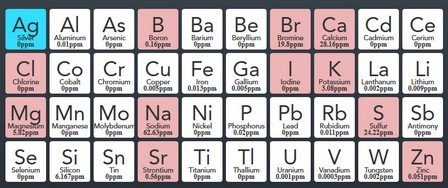
Reverse osmosis systems can remove a vast amount of contaminants.

Drainless RO system

2200 GPD standard business RO system 110 or 220 Volt AC
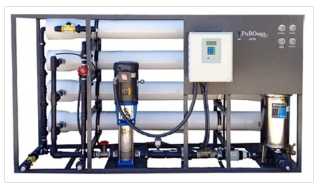
57,000 GPD light industrial RO system 110 or 220 Volt AC

Custom design RO systems for Heavy industrial applications for 100,000 GPD 220 Volt AC
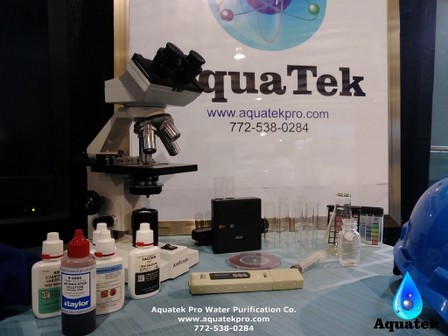
Reverse osmosis systems provide clean drinking water.
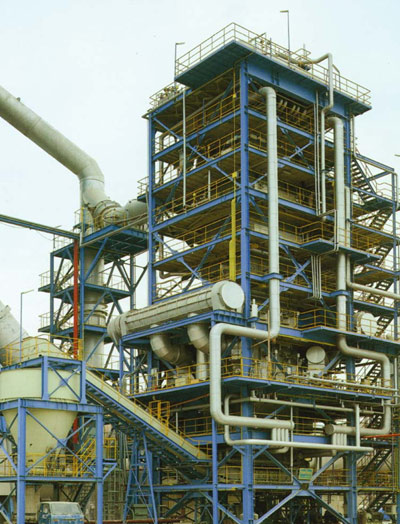
RO systems are often used to filter water in industrial applications where water may be used in heated processes.
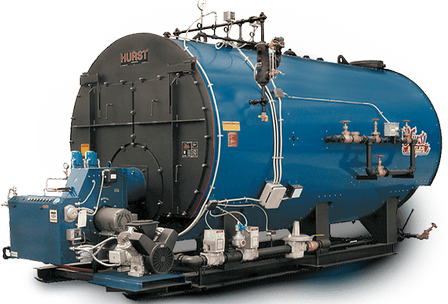
Often RO systems are placed with water softeners or carbon filter units to protect boiler systems.
For more information on RO systems and getting great results for drinking water see the drinking water page.
